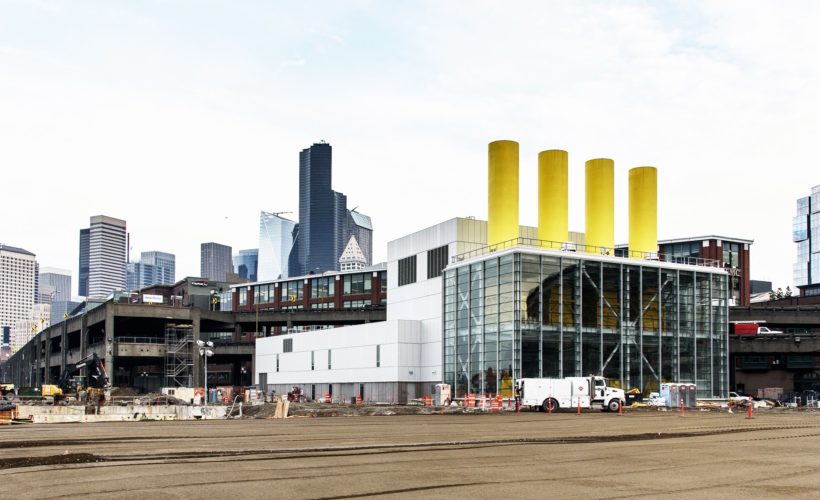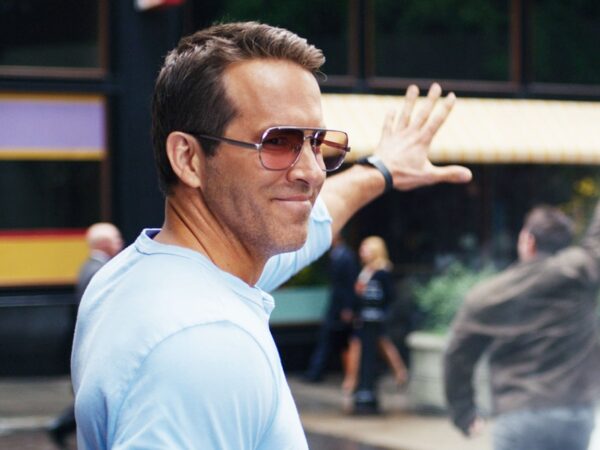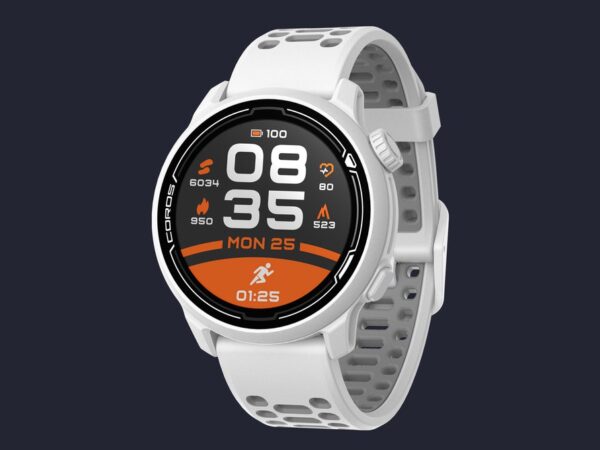In 1989, a British illustrator and writer team published a children’s picture book called We’re Going on a Bear Hunt. The book was a hit—later made into a stage play, subjected to a TV adaptation, and involved in a 2014 Guinness World Record for “Largest Reading Lesson”—but you should know it best as the thing that echoes through my head whenever I think of hard stuff. The book’s bear-hunting protagonist-children face many an obstacle. Tall grass. A cold river. Thick mud. A gloomy cave. Every time, they repeat the refrain: Can’t go over it / Can’t go under it / Have to go through it.
Readers, our favorite vehicle players went through it this week. They introduced new apps and suggested hard but necessary ways to keep people safe. They rolled out new concept cars and announced major partnerships. They dug fancy tunnels and outlined their plans to dig fancy tunnels. It was an adventure-filled week. Let’s get you caught up.
Headlines
Stories you might have missed from WIRED this week
-
If you’re confused about whether any of today’s cars can actually drive themselves (they can’t), some British researchers would like you to know that you’re not alone. Jack spoke with a few at the automotive-safety-focused nonprofit Thatcham Research, who argue that driver-assistance features like Tesla’s Autopilot, Nissan’s ProPilot Assist, and Mercedes’ Drive Pilot need a clearer grading system, stat.
-
Uber launched a new lightweight app for older, slower Android devices, which it hopes will give it a wheel up in developing cities where cell coverage is also spotty.
-
Chinese electric-car maker Byton rolled out its second concept car, the sleek K-Byte, wearing all the sensors it needs to drive itself. So what if the Tesla challenger hasn’t actually made a production car yet?
-
Take a deep breath. A new commissioned analysis by a group of labor economists estimates that autonomous vehicles won’t start swiping human jobs until the mid-2030s, and won’t lead to massive unemployment, even then. That gives policymakers and CEOs plenty of time to prep.
-
From Alex: Volvo strikes a deal with lidar maker Luminar for tech that will help its self-driving vehicles not just see but understand the world around them.
-
Boeing’s $2 million GoFly Prize, a competition to build the first big-deal personal flying machine, announces its 10 initial winners. Among them: a “motorbike” with five large rotors instead of wheels and a quadcopter drone-style flyer that carries its rider in recline.
-
Elon Musk’s Boring Company—launched 18 months ago in a oh-that-wasn’t-a-joke tweet—won its bid to build a high-speed airport connection in Chicago. Elon’s latest challenge: building an 18-mile underground mass-transit system for less than $1 billion.
-
Seattle transformed itself into a testing ground for dockless bicycle-sharing. What followed, WIRED contributor Mark Harris found, was a messy, real-life parable about tech startups and the modern American city.
-
Also in Seattle: The new 2.5-mile State Route 99 tunnel, set to open to traffic this year, is the hemisphere’s largest-diameter bored tunnel. It’s also shockingly high-tech.
Worthy Reason to Call the Fire Department of the Week
A 19-year-old woman required some help from the local fire department after she got her head stuck in a Chevy Silverado’s oversized exhaust pipe while attending Minnesota’s Winstock Country Music Festival. Maybe she was trying to go through it?
Required Reading
News from elsewhere on the internet
-
The New York Times photographer Edu Bayer recently spent time with the drivers of NYC’s many dollar vans, which can pick up 100,000 riders a day. His photos serve as a reminder that Silicon Valley doesn’t have a monopoly on transportation innovation.
-
Since Scott Pruitt took over the EPA, there’s been a good pile of concern over whether the agency would roll back federal fuel-efficiency standards, and whether California has the right to stick by its own, extra-stringent rules. Whatever happens in that fight, the Alliance of Automobile Manufacturers, which represents most major automakers, has called on states to support its members by buying more electric vehicles for government fleets.
-
Things take time in the auto industry, and that includes punishment. Nearly three years after the Environmental Protection Agency revealed that Volkswagen was cheating emissions tests on its diesel cars (and a year after a $15.3 billion settlement in the US), Germany fined the automaker $1.2 billion.
-
You might think a company like Enterprise will be swept away by the industrial revolution that’s sweeping through transportation, but the rental car folks could have a role to play in a future where people don’t drive or own cars, but still want them kept clean and fueled and whatnot. While Avis works with Waymo, Enterprise is joining with AV startup Voyage, Bloomberg reports.
-
Elon Musk has delivered on another promise: providing his fans with flamethrowers in exchange for $500. The Verge’s Elizabeth Lopatto was one of 20,000 buyers burning to answer the question: What do I do with this thing?
In the Rearview
Essential stories from WIRED’s canon: What does it take to build a new railroad under New York City? Going through a whole lot of gloomy, explosive-filled caves. Back in 2013, Tim De Chant went underneath the city to hang with the crews trying to make getting around a good deal easier for 160,000 people.
Source:WIRED










